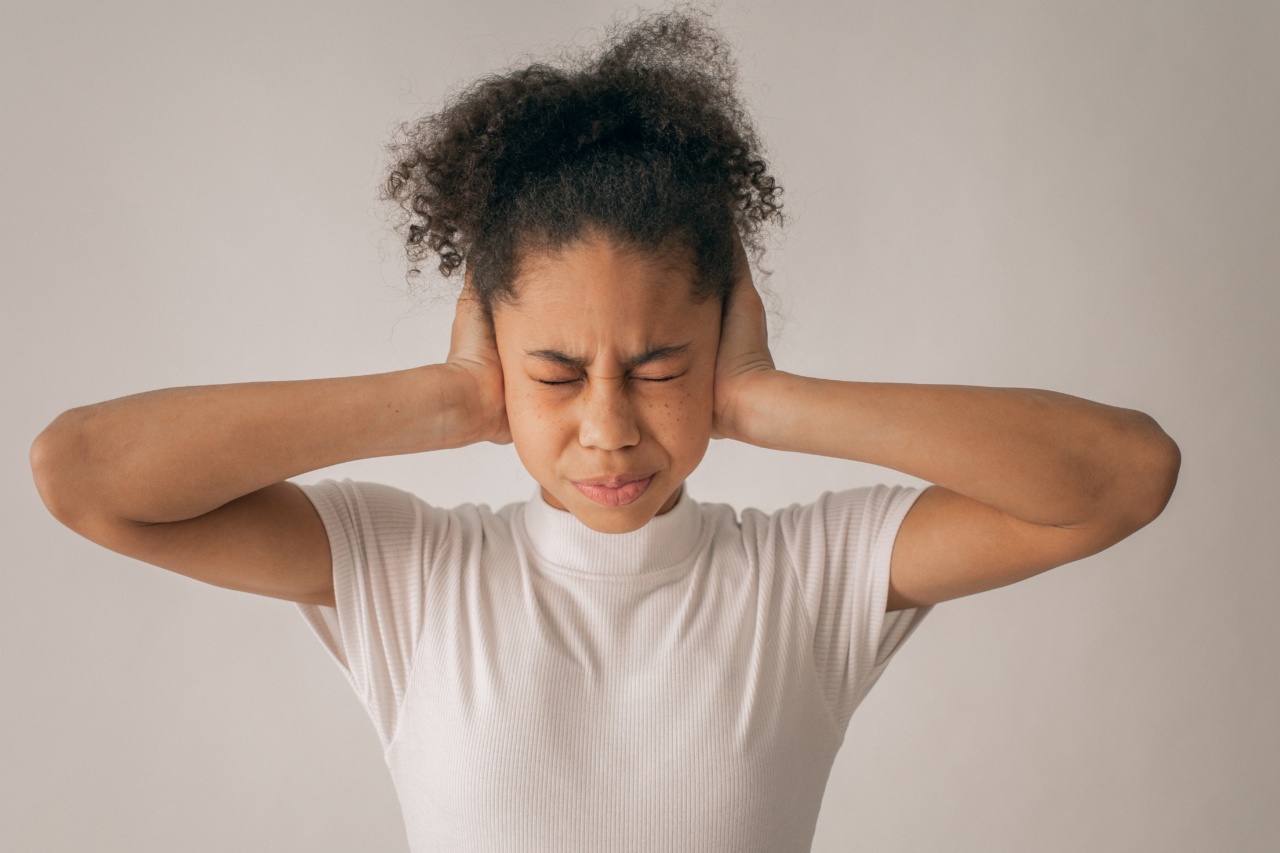Childhood anxiety is a common and serious mental health problem that affects millions of children and adolescents worldwide. Anxiety disorders are characterized by persistent fear, worry, and nervousness that can interfere with daily activities.
While anxiety can be a normal and healthy response to stress, excessive anxiety can be harmful, leading to negative consequences for physical and mental health. One of the long-term effects of childhood anxiety that has been studied extensively is its impact on hormone levels.
What are hormones?
Hormones are chemical messengers that are produced by glands in the endocrine system. They play a crucial role in regulating various processes in the body, including growth and development, metabolism, energy levels, and mood.
Hormones are released into the bloodstream and travel to target organs and tissues, where they attach to specific receptors and exert their effects.
How does anxiety affect hormone levels?
Anxiety activates the body’s stress response, which triggers the release of hormones such as cortisol and adrenaline. These hormones prepare the body for fight or flight by increasing heart rate, respiration, and blood pressure.
In the short term, this response can help individuals cope with stressful situations. However, chronic or excessive anxiety can lead to prolonged activation of the stress response, resulting in elevated levels of cortisol and other hormones.
Cortisol and childhood anxiety
Cortisol is a hormone that is commonly associated with stress. It is produced by the adrenal glands and plays a critical role in regulating the body’s response to stress.
Cortisol levels naturally fluctuate throughout the day, with the highest levels occurring in the morning and the lowest levels in the evening. However, in individuals with chronic anxiety, cortisol levels may remain elevated, even in the absence of stressors.
The long-term effects of elevated cortisol levels on the body can be harmful. Chronic exposure to cortisol has been associated with a range of physical and mental health problems, including:.
- Depression
- Anxiety disorders
- Cardiovascular disease
- Immune system dysfunction
- Metabolic disorders
- Memory and cognitive impairments
Adrenaline and childhood anxiety
Adrenaline, also known as epinephrine, is another hormone that is released during the stress response.
Its effects are similar to those of cortisol, increasing heart rate and blood pressure and providing a burst of energy to help the body deal with stress. Adrenaline levels typically return to normal once the stressful situation has passed. However, chronic anxiety can lead to elevated adrenaline levels, which can increase the risk of cardiovascular problems over time.
Other hormones affected by childhood anxiety
In addition to cortisol and adrenaline, childhood anxiety can also affect other hormones in the body.
For example, anxiety has been shown to decrease levels of the hormones melatonin and growth hormone, which are both important for healthy growth and development. Low levels of melatonin can disrupt sleep patterns and increase the risk of anxiety and depression, while low levels of growth hormone can lead to delayed or impaired physical development.
Conclusion
Childhood anxiety can have lasting effects on hormone levels, which can, in turn, have negative consequences for physical and mental health.
Elevated cortisol levels, in particular, have been linked to a range of health problems, including cardiovascular disease, immune system dysfunction, and cognitive impairments. Early intervention and treatment for childhood anxiety can help prevent these long-term effects and promote better physical and mental health outcomes.






























